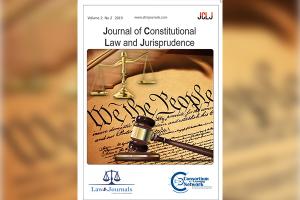
With the verdict by the Supreme Court in the same-sex judgement case, the question arises whether Indian jurisprudence has reached the end of queer inclusivity.
Jindal Global Law School
With the verdict by the Supreme Court in the same-sex judgement case, the question arises whether Indian jurisprudence has reached the end of queer inclusivity. Questions also arise if it is at all possible to queer (used as a verb) the institution of marriage. This paper argues that recognition of same-sex marriage is not the only path towards queer inclusivity and not only is it possible to queer the current amily law regime, but it is desirable to do so in order to fulfil the promise of egalitarianism by the Constitution of India. In an endeavour to demonstrate the aforementioned, this paper acutely analysis queer theory developed in different parts of the world and its application in the Indian context. This paper demonstrates that the scholarship on queer theory in family law can prove to be a powerful tool in curing several infirmities in practical application of family law today. Queer theory has one of its legs in academia and the other in praxis. This paper explores both limbs and shows active application of queer theory in day-to-day judgements by the lower courts along with the appellate court is desirous, not only for the interest of queer individuals, but for delivery of more egalitarian justice across all groups.
Ishita Dahiya
Student at O.P. Jindal Global University
| Published Date | 08-07-2024 |
| Category | Achievements |